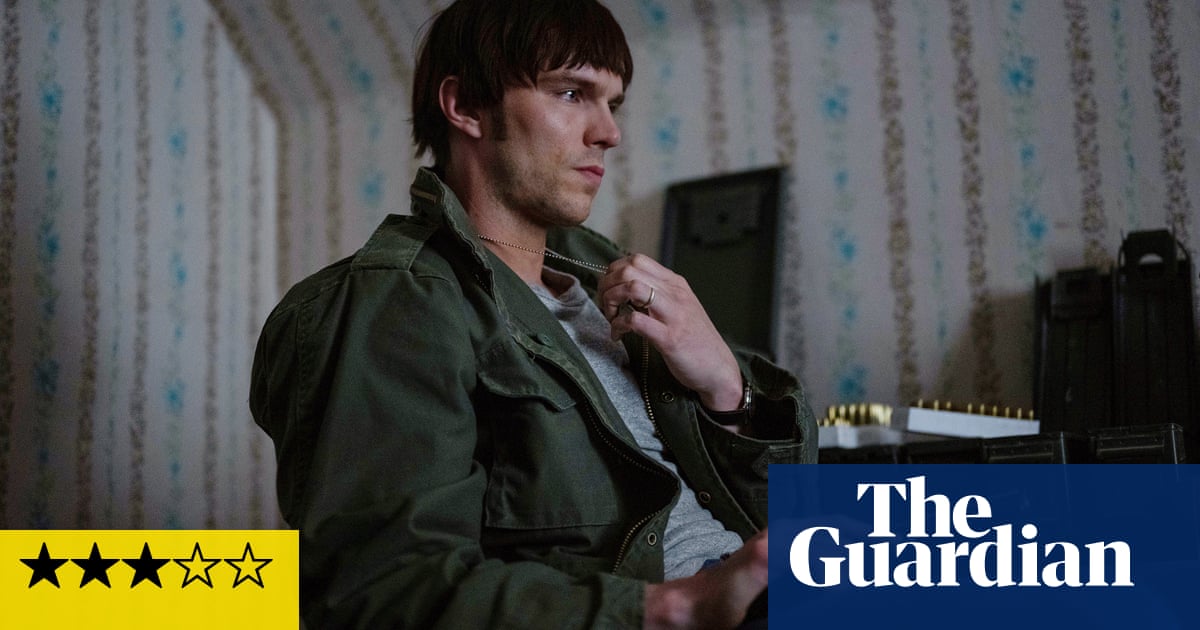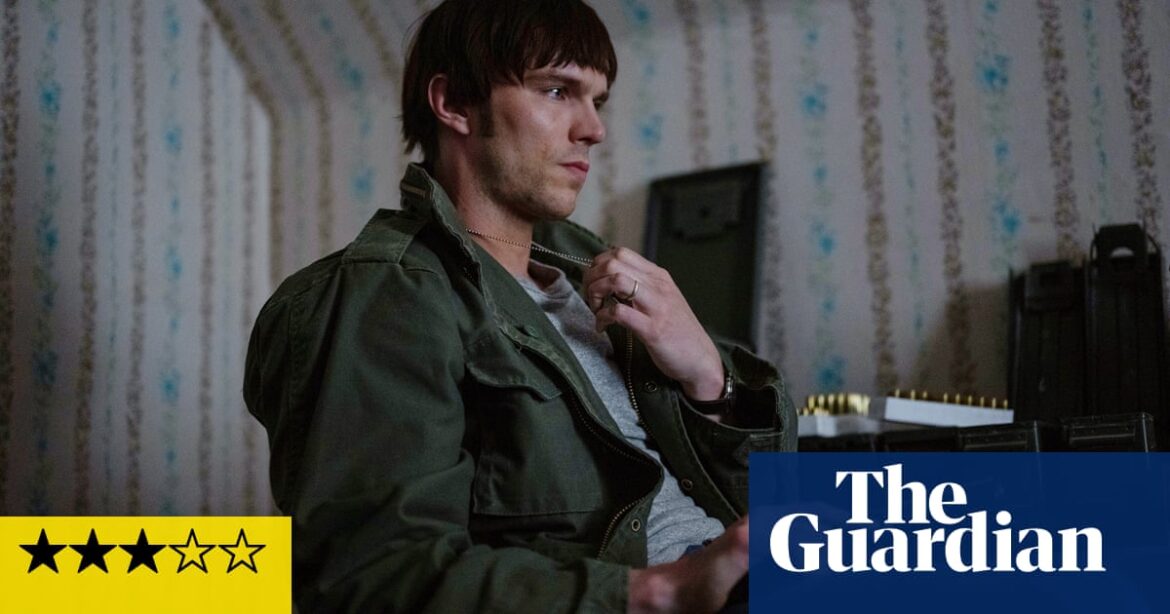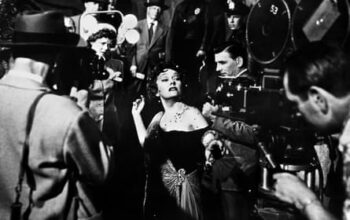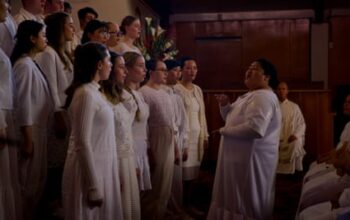
Justin Kurzel directs a workmanlike true-crime thriller about a real-life American white supremacist movement called the Order, which, in the 1980s, murdered Jewish radio journalist Alan Berg and pulled off bank robberies to fund a planned national insurrection. Its leader, Bob Mathews, sought a creepy martyrdom involving an Alamo-style standoff with federal agents at the group’s remote farmhouse in Washington state. Screenwriter Zach Baylin (Oscar-nominated for King Richard) adapts the book about the case, The Silent Brotherhood, by Kevin Flynn and Gary Gerhardt; Nicholas Hoult plays the baby-faced Mathews, with Jude Law and Tye Sheridan as the (fictional-composite) officers battling to take him down.
Kurzel contrives a solid, vehement film, with Law and Hoult proving to be interestingly cast; there are well-turned action sequences and on-the-nose dramatic beats about white-power fanatics pursuing their gruesome dream while the sweaty, unhappy good guys obsess about the job and neglect their families. But this isn’t Kurzel’s best work; it feels like something for streaming TV rather than the big screen, and is pretty two-dimensional and straightforward compared with Nitram or True History of the Kelly Gang. I wondered how Michael Mann might have played the shootouts, and how Jeremy Saulnier (who has a producer credit here) might have got more subversively inside the neo-Nazis’ granite skulls.
Law’s Terry Husk – that surname being maybe another on-the-nose touch – is a federal agent hollowed out by the job, bleary and brutalised by facing down mobsters in New York City; he is estranged from his wife and daughters and is now posted to Idaho where he senses an odd pattern in recent robberies. Sheridan plays a smart young local cop called Jamie Bowen, whom Husk recruits to help, and who starts drifting apart from his young family under Husk’s macho influence. Hoult plays the noisome Mathews; he certainly conveys Mathews’s unsettling blandness, though he could have projected the actual evil and violence a little more strongly. Mathews himself is someone who neglects his (loyal) wife and the implied parallel is a little glib.
The film comes alive most with moments that feel taken direct from life: the nosebleed that Husk gets while interrogating a suspect in the cells or the way he gets blood off his hands after a street shootout by wiping them fastidiously in the dust. The fight against fascism is a serious business, now more than ever, and it is right that Kurzel treats it seriously, but this means his movie feels constrained tonally and the finale is weirdly protracted and even anticlimactic. Yet The Order maintains a drumbeat of tension to the last.
Source: theguardian.com



